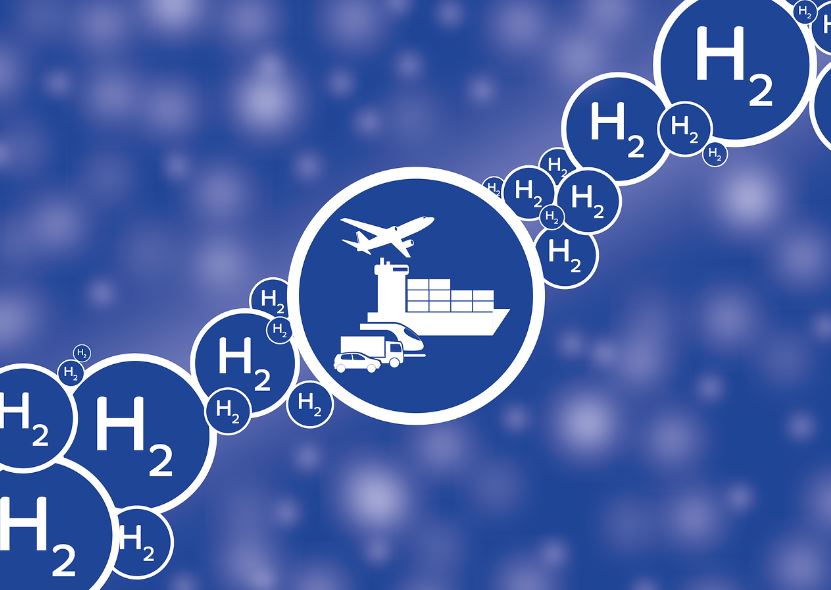ClassNK, a prominent ship classification society, has recently released the third edition of its “Guidelines for Ships Using Alternative Fuels.” This update incorporates safety requirements specifically designed for hydrogen-powered ships.
The safety of crew, vessels, and the environment is paramount when considering alternative fuels like hydrogen. These new guidelines address this concern by outlining specific requirements for installation, control systems, and safety devices onboard hydrogen-powered ships. These measures aim to minimize risks associated with hydrogen’s unique properties, such as its ease of ignition and potential for leakage.
The update acknowledges the distinct physical properties of hydrogen fuel. ClassNK has established new safety considerations to address the specific hazards associated with hydrogen, including measures to prevent explosions. This targeted approach aims to ensure the safe operation of hydrogen vessels while navigating the complex regulatory landscape.
ClassNK’s ongoing support for alternative fuels is further evidenced by their earlier issuance of an Approval in Principle (AiP) for YANMAR Power Technology’s 300kW maritime hydrogen fuel cell system. This marked the first AiP certification for a Japanese-designed maritime hydrogen fuel cell system, highlighting ClassNK’s commitment to fostering innovation in the hydrogen marine sector.
The release of these guidelines represents a positive step towards the development of safe and reliable hydrogen-powered ships. However, challenges remain. Standardization across classification societies and regulatory bodies will be crucial for widespread adoption of hydrogen marine technology.
Furthermore, the scalability and cost-competitiveness of hydrogen fuel cell technology require further development. While ClassNK’s efforts demonstrate progress in safety considerations, the future success of hydrogen marine transportation hinges on continued advancements across the entire technology value chain.





